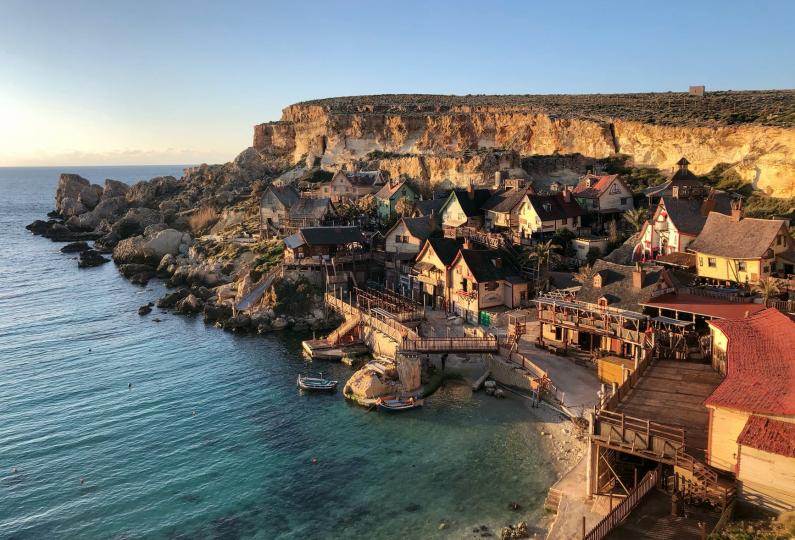If you're planning on studying or touring in Malta, you'll need to apply for a Schengen visa category C. This could be either a study visa to Malta, an educational visa to Malta, or a tourism visa to Malta. To secure your visa to study in Malta, you'll have to provide the following documents:
-
A valid foreign passport that's still active at least 90 days after your intended trip.
-
Two color photos that meet international passport requirements.
-
A visa application form filled out in English, either handwritten or printed, with your original signature.
-
A photocopy of any previously issued Schengen visas, if applicable.
-
Confirmation of your accommodations in Malta, which could include:
- A hotel reservation (with the hotel's address, your reservation period, your personal information, and the contact details of a responsible officer).
- A copy of an invitation containing the personal information and contact details of the person inviting you.
- A copy of your course reservation (if you're traveling for an educational program), along with a payment confirmation.
- Copies of your air or sea travel tickets with fixed dates.
- An itinerary of your travel plans in Malta.
- A copy of a pension certificate (for pensioners) or student card (for students), and a sponsorship letter from whoever is funding the trip, confirming their solvency.
-
Confirmation of financial stability (bank account statement, salary certificate, etc.) showing you have at least 48 euros per day (per person) for your stay.
-
A copy of your insurance policy that covers potential medical costs in Malta. This policy should be worth a minimum of 30,000 euros and last at least as long as your stay under the Schengen visa.
If you're transiting through Malta without a visa, you're allowed to change flights within 24 hours, provided the flights are between non-Schengen zone countries. You're not permitted to leave the Maltese airport's transit zone in this case.
If traveling with minors, fill out a form for each child, providing a copy of their birth certificate, a copy of the parent or guardian's passport who completed the form, and a notarized consent from the other parent or guardian.
The visa photo requirements are as follows: two 3.5x4.5 cm photos of good color quality with a gray or white background, showing at least 70% of your face, taken within six months of the application.
You must also attach a consent form to the processing of your personal data to your visa application. Minors' consent forms should be signed by their official representatives.
You can submit your visa application to some of the Maltese Embassy's visa centers either personally or through a proxy. In the latter case, you'll need to provide a power of attorney.
A short-term visa for Malta usually takes up to 5 working days to process and is valid for up to 1 month. The actual length of your stay will depend on your flight and hotel reservation dates, as well as any dates mentioned in an invitation.
The standard Schengen visa lets you stay in the zone for 90 days within a six-month period. You can calculate your stay using a special calculator on the EU Ministry of Internal Affairs' website.
Visa application fees include a one-time consular fee of 60 euros and a service fee, which are non-refundable if your visa application is rejected. Some applicants are exempt from the consular fee.
Please remember that each visitor to Malta must complete a registration card during the flight, and this includes children recorded in their parents' passports.
If your passport expires or is damaged, your valid visa, including a study visa for Malta, will not be transferred to the new passport. You'll have to submit the usual set of documents in accordance with the chosen visa category to the visa department.





